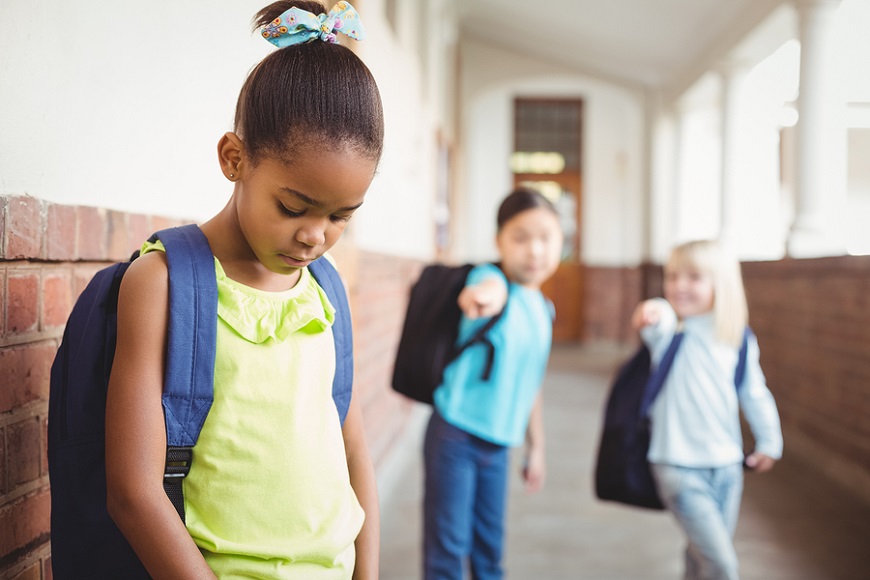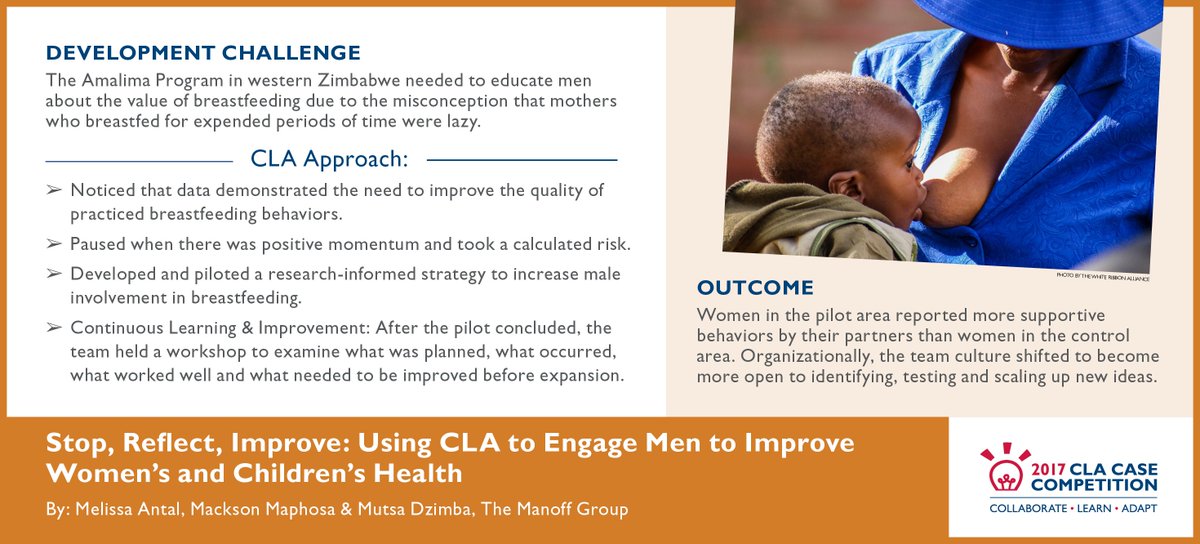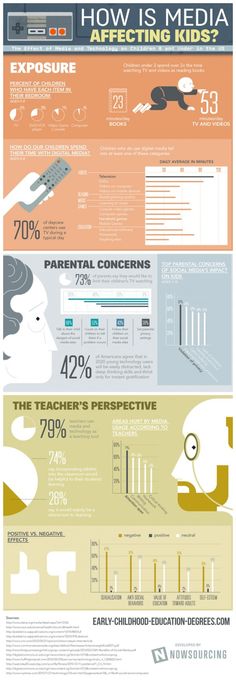How to help your child make friends in middle school
Help Your Middle-Schooler Make Friends | Trouble Making Friends in Middle School
Making friends in middle school can be stressful and tricky. If your child struggles with social skills, it may be even more challenging. Here are some ways to help your child connect with other kids.
1. Go over social rules and cues.
Some middle-schoolers with learning and thinking differences have more trouble with social skills than other tweens. Talk with your child about social cues and social rules—but don’t just do it in the aftermath of a social blunder. Discuss basic social skills when things are calm and going well, too.
It can also be effective to discretely point out social cues when you see others using (or missing) them. For example: “Do you see how Mr. Jones backed away when Zach talked to him? That’s because Zach was standing too close.”
2. Remind her there are different types of friends.
Not everybody can be a friend for all situations—and that’s OK. Talk that through with your tween. For instance, some kids aren’t good at keeping secrets, but they’re lots of fun. Some are easy to talk to about feelings, but don’t share the same interests. Some are great to work with on projects with but not so great to hang out with.
Let your child know just because someone isn’t “best friend” material, that doesn’t mean she can’t be a friend. It just means there are limitations to that particular friendship.
3. Understand what your child wants and needs.
Some kids don’t need a bunch of friends. Managing the drama of multiple friends is sometimes too much. Check in with your child. Ask, “What are you looking to get out of a new friendship? What kinds of things do you picture doing with a friend?”
Keep in mind that your child’s friendship needs might not match yours. And they may change over time, too. So keep checking in.
4. Keep talking about what’s important in a friend.
Explore what your tween thinks makes a good friend.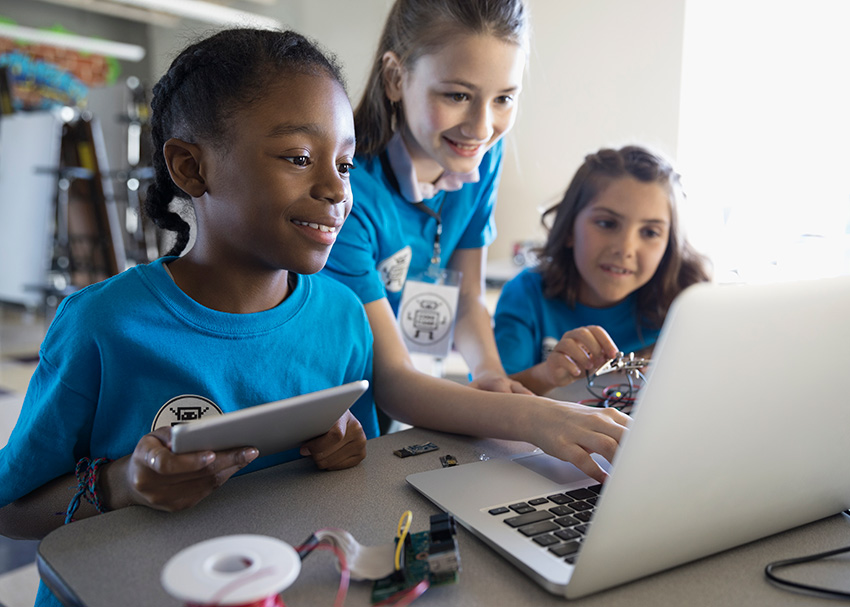 It may actually help her understand how she views friendship. Try to listen and not project your own ideas. Ask open-ended questions like, “What do you think makes someone a good friend? Why?”
It may actually help her understand how she views friendship. Try to listen and not project your own ideas. Ask open-ended questions like, “What do you think makes someone a good friend? Why?”
Exploring what your child has to offer as a friend can also help. Ask her to consider what qualities or things make her a good friend to have.
5. Help her recognize possible friends.
Your child may not recognize the kid who could be a friend. Talk about who she likes to spend time with, either at school or outside of it. Point out who she talks about in positive ways.
Sometimes kids aim to be friends with kids who have very different values. Guide your child by helping her voice values that are not negotiable to her. Ask things like: Do you want a dependable friend who shows up on time? Is honesty very important to you, or having a friend you can confide in?
6. Explore new ways she can start friendships.
Joining afterschool activities is a good way for tweens to meet kids with common interests. Once your child feels confident with kids in that group, she may want to hang out one-on-one.
Once your child feels confident with kids in that group, she may want to hang out one-on-one.
Help her come up with things to say like, “You do great accents in drama club. Let’s hang out sometime and maybe you can teach me.” She could also invite a friend to come with her to an activity. “Are you going to the food drive on Saturday? Want us to pick you up on the way?”
7. Talk about behaviors that can damage a friendship.
Kids with learning and thinking differences may wear out a friendship because they want so badly for it to work. Kids with can overwhelm friends by talking nonstop or interrupting.
Be frank with your child about what she needs to know to avoid hurting a friendship. For instance: Friends need space and can’t always be together. They may each have other friends they want to see sometimes. You and your friend both need a chance to talk about your feelings and what’s important to you. And friends can disagree without hurting each other.
8.
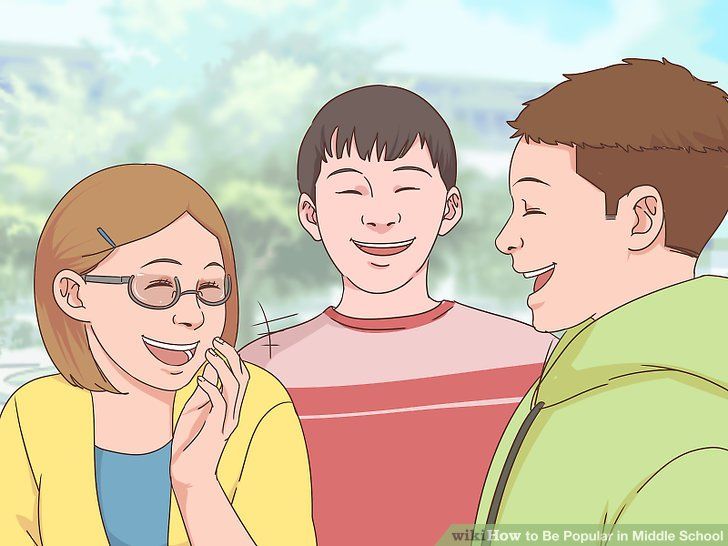 Keep your eyes and ears open.
Keep your eyes and ears open.When kids are this age, keeping on top of the help they need in making friends can be tough. Volunteer to drive carpools or host a small group of kids for a movie marathon. Or volunteer at school to see what’s happening in that environment. You’ll get a chance to observe and listen to not only their words, but to their emotions as well.
Let your child know she can talk to you—and you will listen without being judgmental. That indirect route of being a sounding board helps keep the lines of communication open.
How to Help My Middle-Schooler Make Friends: At School
You learned that your middle-schooler is skipping lunch to avoid the cafeteria. Should you address it head-on, giving her advice that she probably won’t listen to, or demand that she go to lunch? It is hard to know.
Social struggles are not restricted to school. Children have the same deficits at home, at stores, on the ball field, and in every life setting. Many kids want to improve their friendship skills, but don’t know how. That’s where you come in.
Many kids want to improve their friendship skills, but don’t know how. That’s where you come in.
Working with your child to meet social challenges leads to behaviors that your child can use everywhere. The following strategies will help your child make friends – and move through the socially difficult years of adolescence more easily.
How do I help my son stop avoiding the school cafeteria?
Children avoid the cafeteria because they are bullied, but also because they don’t know how to interact with peers, join a conversation, or even where to sit.
Debrief your child.
Without telling your child he is doing anything wrong, ask open-ended questions to find out what he thinks is happening. Ask about whom he sits with, when he feels uncomfortable, or if there are friends he would like to sit with.
[Get This Free Download: Friendship Guide for Kids with ADHD]
Practice skills.
Nothing is tougher for kids than joining a conversation that is in progress.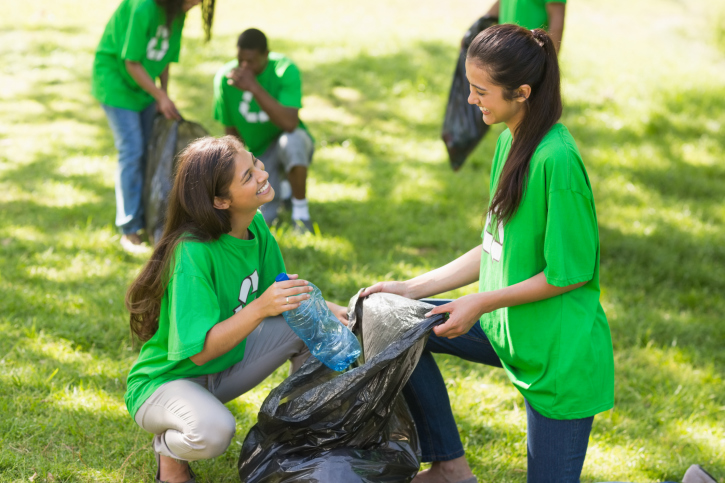 Suggest a little detective work. Ask your child to go to lunch, listen to what everyone talks about, and report back. You and he can role-play conversations that build on the topics the group talks about most often.
Suggest a little detective work. Ask your child to go to lunch, listen to what everyone talks about, and report back. You and he can role-play conversations that build on the topics the group talks about most often.
Get outside help.
Avoidance is not a plan, so if your child can’t navigate social situations, have her work with a professional social skills group.
How can I help my child when she isn’t invited to class parties?
If a child isn’t invited to birthday parties, concerts, or other peer activities, it is time to team up and find out what might be causing the problem.
Discuss things, without blame, to help your child diagnose why she isn’t fitting in.
Walk her through her day at school and ask her to recount one or two of the social interactions she had – what she said to a classmate, how that child reacted – and discuss what she thinks she could have done differently.
[Read This: Social Skills Training for Kids with ADHD]
Talk about different types of friendship.

Many children with social challenges try to make friends with kids who do not share their interests, or they misinterpret social cues and think any friendly person wants to be friends. Help your child understand different kinds of “friendships”: There are people you say hello to, acquaintances, people you interact with, and real friends. Brainstorm with her about ways to befriend children with whom she shares interests and who treat her well.
Find ways to meet others with similar interests – social clubs, youth groups, and other interest-based activities.
These places give your child a chance to socialize by talking about things the kids like in common.
How can I make group projects less intimidating for my daughter?
Group projects are tough for her because she has to contribute, advocate for her ideas, participate in the discussion, and present a final project. The following case study shows how to make group projects less challenging for your child.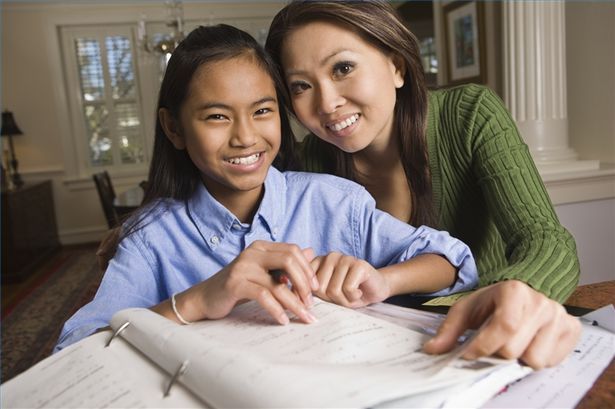
Ali is 12 years old, and she hates group projects. She and her mom write the teacher asking for advice about what she can do better in the next group project. The teacher says Ali should speak up more and identify a role she would like to take on in the project.
Ali’s mom understands the unspoken social dynamics in play – children meet in large groups, and assumptions are made about Ali and what she might be able to do on the project. Ali is left out of the decision-making because she doesn’t speak up. Ali and her mom discuss the personalities within the group, their likes and dislikes, and so on. Ali puts together a social database about her partners in the group project, so she can talk more comfortably with her peers.
Ali does better socially when she has a plan. She and her mom look at the project rubric and discuss which components seem interesting and manageable to Ali, and decide what Ali would like to take on. They rehearse possible scenarios. Role-playing, and learning how to ask open-ended questions, helps Ali build the confidence to speak up during the group’s discussions.
With all the prep at home, Ali slowly overcomes her social struggles and plays an important part in the group. And she has a plan she can use for the next group project.
My son has lots of virtual friends, but how do I encourage him to develop friends he can talk with one-on-one?
Connecting to other people, adapting to their needs, and engaging in the give-and-take of friendship are important skills all kids need to learn.
Let him have virtual friends.
Facebook friends and Twitter buddies may be your son’s only friends right now, and you don’t want him to lose them.
Talk to him about why he needs other friends.
Ask your child what he likes about the virtual world. Find another activity that he may like – a course in robotics or computer coding – in which he will interact with people.
Work on social strategies.
Whether it’s engaging in chitchat, turning an acquaintance into a friend, or arranging to see people outside of school, it is essential that your son knows how to approach people.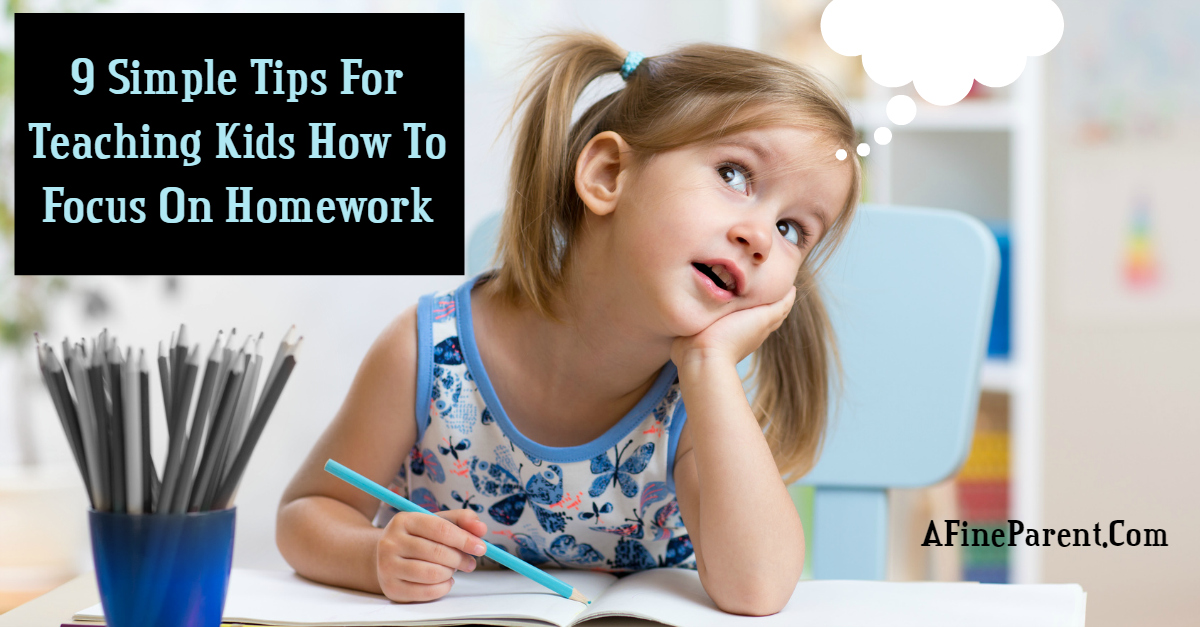 With consistent practice, he will get what you and every child wants: good friends.
With consistent practice, he will get what you and every child wants: good friends.
[Read This Next: The Power of Role-Play for Building Social Skills]
SUPPORT ADDITUDE
Thank you for reading ADDitude. To support our mission of providing ADHD education and support, please consider subscribing. Your readership and support help make our content and outreach possible. Thank you.
Previous Article Next Article
How to help your child make friends at school: psychologist's advice
Academic success is often related to whether the child is good in the team, whether he managed to find friends. What to do if close friendships have not yet developed? Are there ways to fix this? Word to the school psychologist Lyudmila Aleksandrova .
Primary school: situational friendship
Parents play an important role in the process of making friends in elementary school.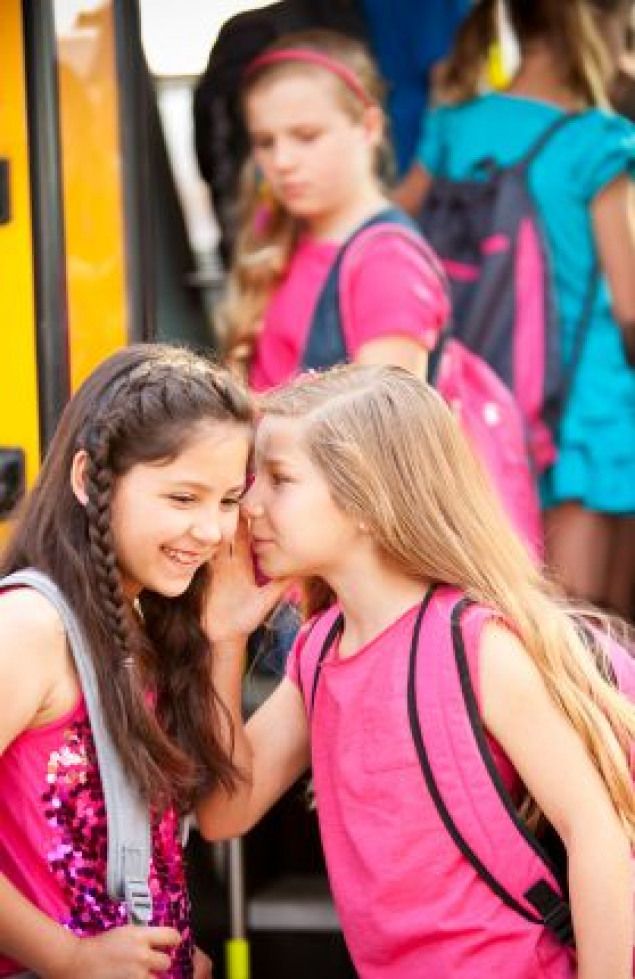 They can support the child and tell him how and what to talk about with classmates, explain what certain actions mean. The fact is that elementary school students often interpret any curiosity and attention as aggression against them. To help understand the essence of what happened, the motives of the other person (perhaps the reason for the quarrel is a simple misunderstanding, and the friend did not want to offend at all), suggest how to make peace, how to find a common language - the tasks of the parent and teacher.
They can support the child and tell him how and what to talk about with classmates, explain what certain actions mean. The fact is that elementary school students often interpret any curiosity and attention as aggression against them. To help understand the essence of what happened, the motives of the other person (perhaps the reason for the quarrel is a simple misunderstanding, and the friend did not want to offend at all), suggest how to make peace, how to find a common language - the tasks of the parent and teacher.
It is worth teaching the child to respond appropriately to really aggressive behavior and to ask for adult help in situations that are particularly threatening or confusing. Until the age of ten, the friendship of children is rather situational. A friend is often called the one with whom they communicate more often, sit at the same desk or live in neighboring entrances. Should parents worry if their son or daughter is not surrounded by a dense ring of friends?
Friends who understand and support give the child strength. But their number is very individual and depends on personal characteristics. Introverted children only need one friend with whom they managed to build deep bonds and found common interests. Therefore, the number of friends, the fact that there are many or few of them, is not a plus or minus, the main thing is that they exist at all.
But their number is very individual and depends on personal characteristics. Introverted children only need one friend with whom they managed to build deep bonds and found common interests. Therefore, the number of friends, the fact that there are many or few of them, is not a plus or minus, the main thing is that they exist at all.
Middle and high school: new kid syndrome
Older children want to have fun and socialize. It would seem, well, what problems can there be with finding friends with such a powerful motive? But sometimes, for example, when changing the place of residence and study, old friends move away, as common interests are lost. Appearance, common affairs, interesting and attention-grabbing things, a fraternally divided pack of chips will help a stern teenager join the team.
In many books and films, you can find the theme of "new" in the classroom. Before the first day at a new school, the child should prepare for possible situations in order to be ready for the standard questions of classmates about who he is, where he came from, what he is fond of.
It would be nice for a child to somehow show his interests or even talents - it's easier and faster to find like-minded people. People around you usually like to help, especially if it doesn't make it difficult for them. Don't be afraid to ask questions. For example, you can ask where the dining room is and thank you for your help.
There are a number of techniques that will help you make friends at school, regardless of age. Choose whichever suits your child.
Five ways to make friends at school
Attention to appearance
Yes, people are still greeted by clothes. Even when buying classic blouses and plain school shirts, trust the choice of the child so that he does not turn out to be a black sheep in unfashionable or out-of-growth clothes. Details such as pockets, buttons, collar shape, fit can be very important in children's fashion. Haircut, hairstyle, clothes, shoes - all these are not trifles at all for determining a place in a team.
Original stationery
Notebooks with popular characters, notebooks with sequins, glitter pens, original shoe bags are inexpensive, but they can attract attention, help strike up a conversation of interest and eventually make friends.
Random sweets
Of course, it's not worth it to bribe classmates with sweets for the sake of friendship, but sometimes treating homemade pies or cookies is good for establishing relationships: everyone likes generous, open and generous people.
Extra lessons
Don't neglect your school clubs. Socializing while sculpting with plasticine or learning to dance together is a great way to strike up a friendship. Children are brought together by a common cause. When they all prepare for the school holiday together, make decorations with their own hands, learn the words for the play, they recognize each other, and more deeply than in lessons and short breaks.
It is very useful to give compliments. To make it easier to open up, you can offer children the following game: throw a balloon to each other and say nice words. When a boy says to his classmate: “You are kind”, he himself warms up in soul and can take a closer look at others, think about them and, as a result, start a new friendship.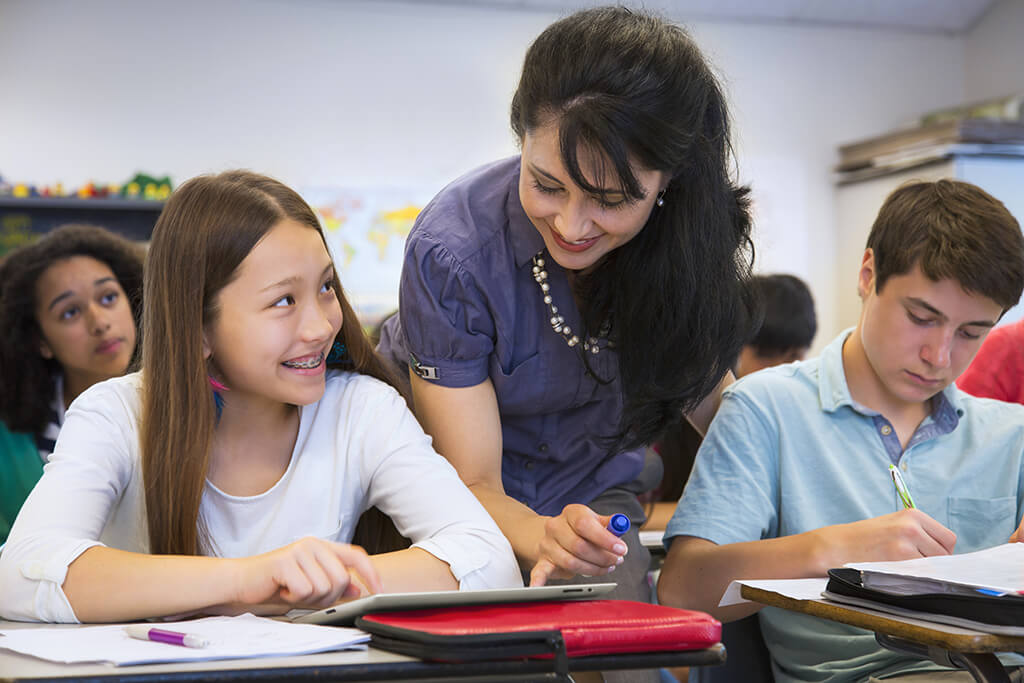
Invitation to visit
Sometimes visiting each other at home is good for strengthening friendships. Once in the room of a classmate or classmate, children may find that there are much more common interests than it seemed at first glance. In addition, going to visit is an excellent training for “pumping” social skills: how to invite, how to meet, how to treat, how to say goodbye - all these skills will be useful in later life.
The main thing is that you, the parents, are not against the fact that friends come to the house, and support your child in the desire to start a relationship.
9 psychologist's tips on how to help your child find friends at school
Even the results of studies directly depend on how comfortable the child is in the team. For many children, the main task of autumn is to turn from a new kid at school into a confident classmate. Psychologist and mother of children who have changed schools more than once, Irina Belyaeva tells how parents can help a child find friends.
How Not to Invalidate a Child's Feelings
This year my son and daughter are going to be new at school again. We live in different countries, they often change schools. For a daughter who is 10 years old, this will be the fourth school, for a son who is 12, it will be the sixth. Therefore, I know that being new is very difficult.
When my daughter went to the first American school, she cried every night, saying how lonely and bad it was for her there. She even promised to "throw a strike" and never go again (I don't know what I would have done if she had gone on strike anyway). It was very hard for me to see her tears, and I wanted to reassure: “Yes, this is all nonsense, everyone likes you, everyone wants to communicate with you, this is not at all scary and not sad and will soon pass.” But that doesn't work.
I had to listen to how hard it was for my little girl, to share her pain and offer my arms for tears. All this, as well as books about newcomers and stories about my own experience, helped. As a result, the daughter found both a close friend, and her place in the team, and her favorite teacher, and became one of the most popular girls in elementary school.
As a result, the daughter found both a close friend, and her place in the team, and her favorite teacher, and became one of the most popular girls in elementary school.
At the moment of feeling of total loneliness, it is very important not to devalue the child's feelings and not to deny them
Then everything will definitely work out. The team in which we spend most of our time and the relationships within it are important to us. When we say that the school is primarily an institution of socialization, we recognize how important it is for children how successful or unsuccessful their relationships in the classroom will be.
Why everyone is scared to be the new kid
The role of "new in class" is a challenge. It acts on the child's emotions, his mind, and sometimes even changes his fate. Of course, it is interesting, exciting, promising, but also disturbing, frightening and even dangerous. This role involves internal growth and development, although some effort will have to be made.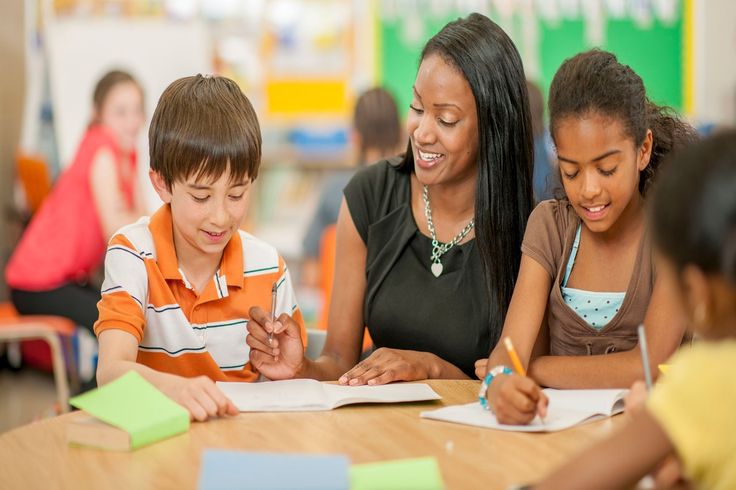
Being new is scary. A child worries about a thousand things: what if no one likes him? What if classmates don't like him? What if they just don't notice? What if they laugh? How to take the first step? How to tell about yourself? How to find out about others?
Even worse for mom and dad: the dearest, most vulnerable and beautiful child (even if you have five of them) goes to unknown people, where everyone can hurt him, where there will be no one to support him, where you will not be around. Of course, a good teacher always works on the climate in the team, but we, as parents, can also help the child. After all, you can learn how to build relationships with people in the same way as you can learn mathematics, riding a bicycle or violin. This skill will definitely come in handy in life, because we are all newbies sometimes.
How parents can help
The first thing parents need to do is calm down. Children are good at reading the anxiety of adults, so it is important that the child sees: the parents believe in him and know that everything will work out.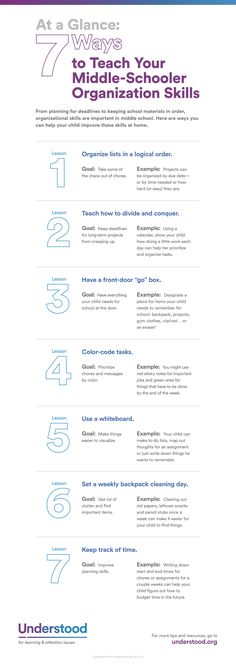 Mom and dad are nearby, but he has enough strength to solve this problem on his own. Remember the metaphor of motherly love from Harry Potter? If you were able to convey to the child a feeling of reliable protection - that's it, you did it, you can rest.
Mom and dad are nearby, but he has enough strength to solve this problem on his own. Remember the metaphor of motherly love from Harry Potter? If you were able to convey to the child a feeling of reliable protection - that's it, you did it, you can rest.
Invite the child to represent you behind his back or the shield of your love around him in difficult moments
The second step is to advise the child to sit down and think about what qualities he or she can attract to others. Wit, prudence, ability to play football, willingness to help? Let there be as many of these qualities as possible. But everyone has something that can interfere with building relationships. Excessive craving for justice, which is easy to confuse with sneakiness? Categorical? Or maybe shyness? Very sharp tongue? Of course, from the fact that we call a spade a spade, they will not disappear, but the child will know what hinders him and will be able to better cope with it.
The main rule: you don't need to tell your child anything, even if you are firmly convinced that you know everything about him. Do not rush with assumptions: let the person study himself. Otherwise, you risk turning from someone who helps to someone who evaluates.
Do not rush with assumptions: let the person study himself. Otherwise, you risk turning from someone who helps to someone who evaluates.
After the child has researched what kind of friend he is, he needs to be given strength and an ally. At the beginning of any relationship, the ability to be yourself and open up to others, smile, friendliness, direct gaze, even posture, readiness to support the conversation helps. All these things are quite easy given with self-confidence, and vice versa: they disappear with anxiety and fear.
There is a simple way to increase your child's self-confidence: invite him to think of a hero he admires and, at the right moment, imagine what he would do. You can help the student in advance to visualize his anxieties and how the superhero copes with them (it can be either a character from a movie or book, or a grandfather or older brother).
When his self-confidence has increased, you can move on to specific practical recommendations.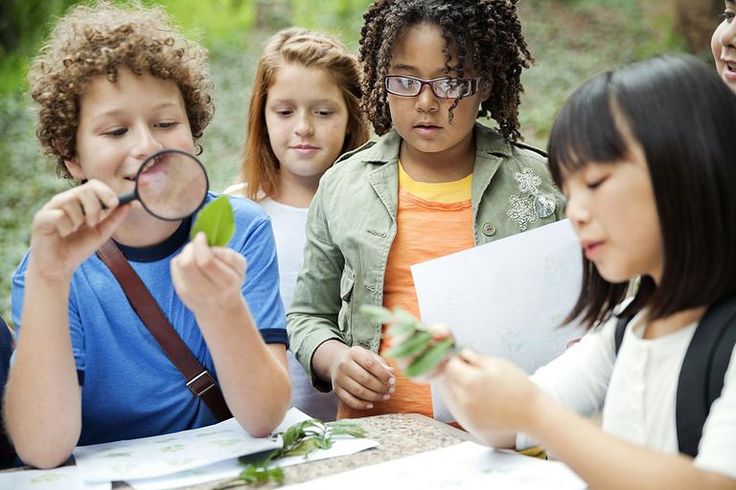
9 tips for your child to make better friends
- If the child is new, he makes other children curious. Prepare him for classmates to come up and ask who he is, where he is from, what he likes, what games he plays, what movies he watches. Perhaps it will be easier for him not to get lost and answer confidently and directly if he thinks about the answers to these questions in advance.
- Most likely, in the class (especially in the first one) there will be more than one new kid. Someone in the class will be just as scared and lonely. Explain to him that you can come up and ask: “Hi! Are you new too? I - yes! It will be easier for two children. But it’s not worth locking up on the first acquaintance you find - the child needs to get to know other classmates, to understand with whom he has more in common.
- Encourage your child to show his interests and talents. Perhaps he loves some book, a game, is a fan of a sports team. He can take things with him that will help people with similar interests see it.
 In the first months, in general, it is important to do what the child loves: draw, sing, play sports - this will help him attract like-minded people.
In the first months, in general, it is important to do what the child loves: draw, sing, play sports - this will help him attract like-minded people. - You need to be friendly and learn how to start a conversation first. It's not that difficult. You can just give a compliment or ask something from a classmate about himself: “Great bag! Cool color!”, “Oh! You love Harry Potter too! My favorite house is Slytherin, what about yours?" It is important to learn how to be an attentive listener. You can train on your neighbors, in the nearest store, when going to a museum or a hairdresser.
- People love to help others and act as an expert. They are always pleased to know that they can give good advice and demonstrate life experience. Don't be afraid to ask: "I'm new and don't know anything here, can you tell me where the library is?" - and be grateful for the help.
- If the child is still small, enroll him in a circle that suits his interests. There he will meet children with similar hobbies.
